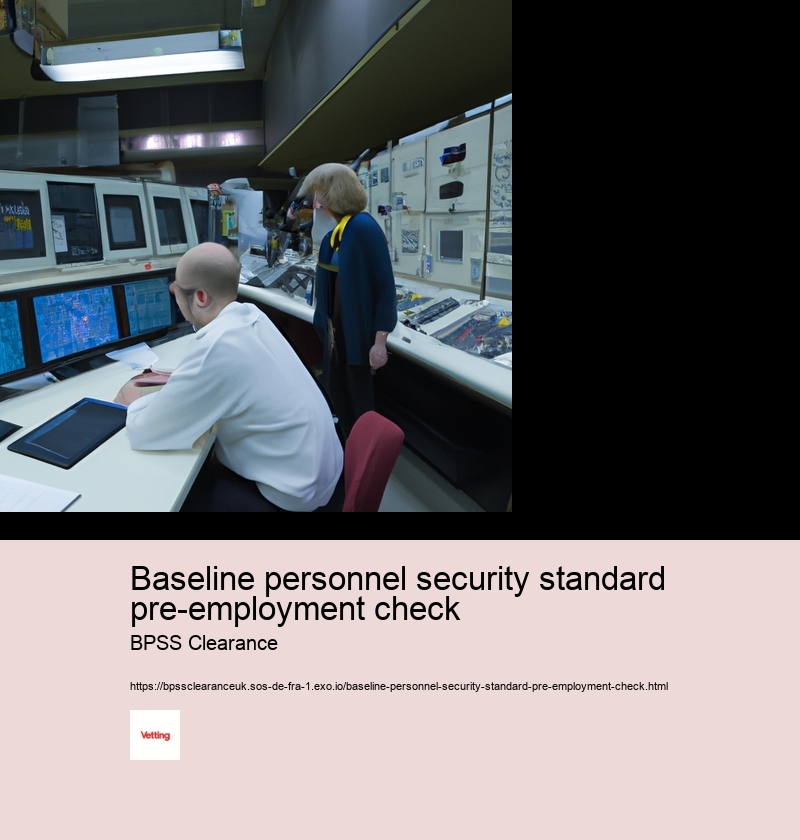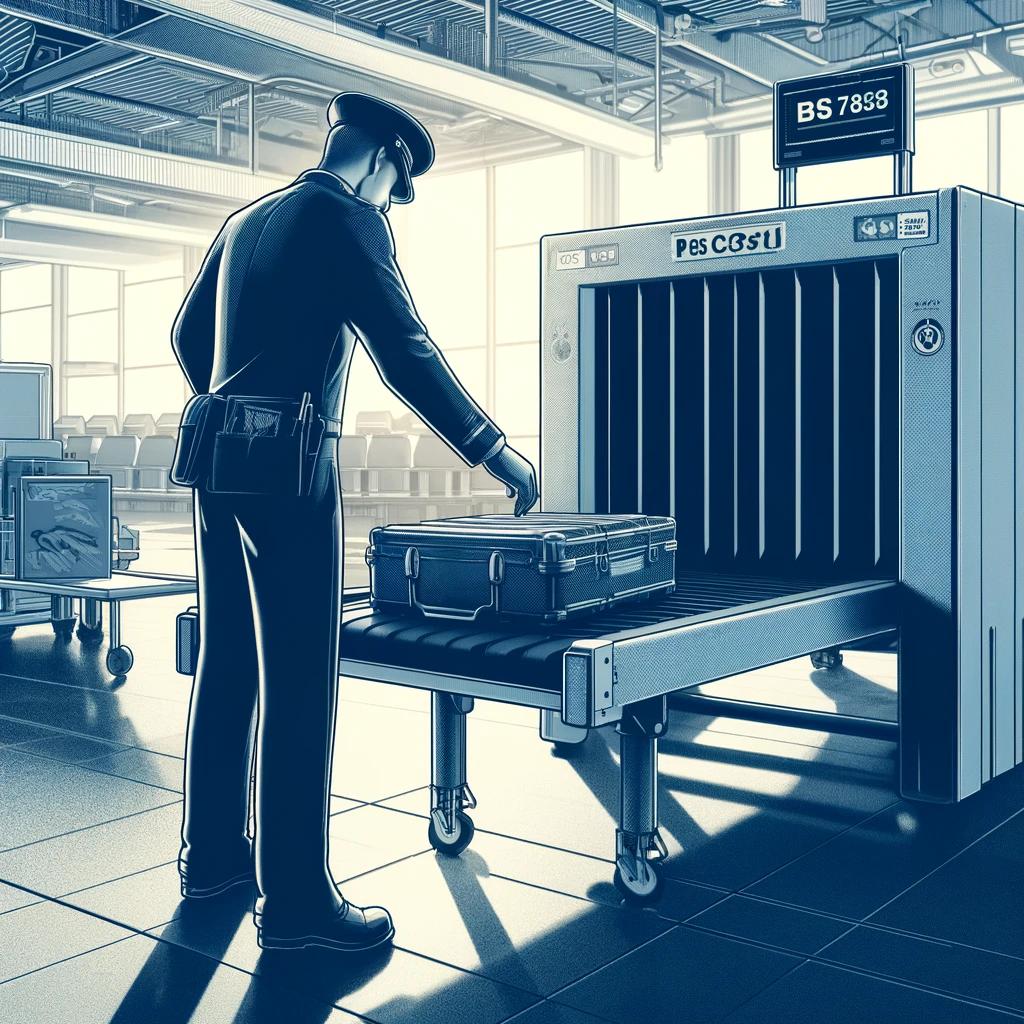baseline personnel security standard pre-employment check
Is a background check the same as a DBS?
Digital technology enables greater scalability in conducting BPSS checks. As organizations grow and need to process larger volumes of security clearances, digital systems can be scaled to accommodate increased demand without a proportional increase in resources or degradation in the speed of processing.
What Is the Difference Between Bpss and Dbs? When distinguishing between BPSS and DBS checks, it's vital to recognize that BPSS focuses on national security vetting, identity verification, and right to work status, while DBS solely examines an individual's criminal record.
In conclusion, digital technology has profoundly impacted the BPSS process by making it faster, more accurate, and more secure. However, it also necessitates stringent measures to guard against potential cybersecurity risks. As technology evolves, it will continue to shape how Baseline Personnel Security Standard checks are conducted, promising even greater improvements in efficiency and security in the future.



